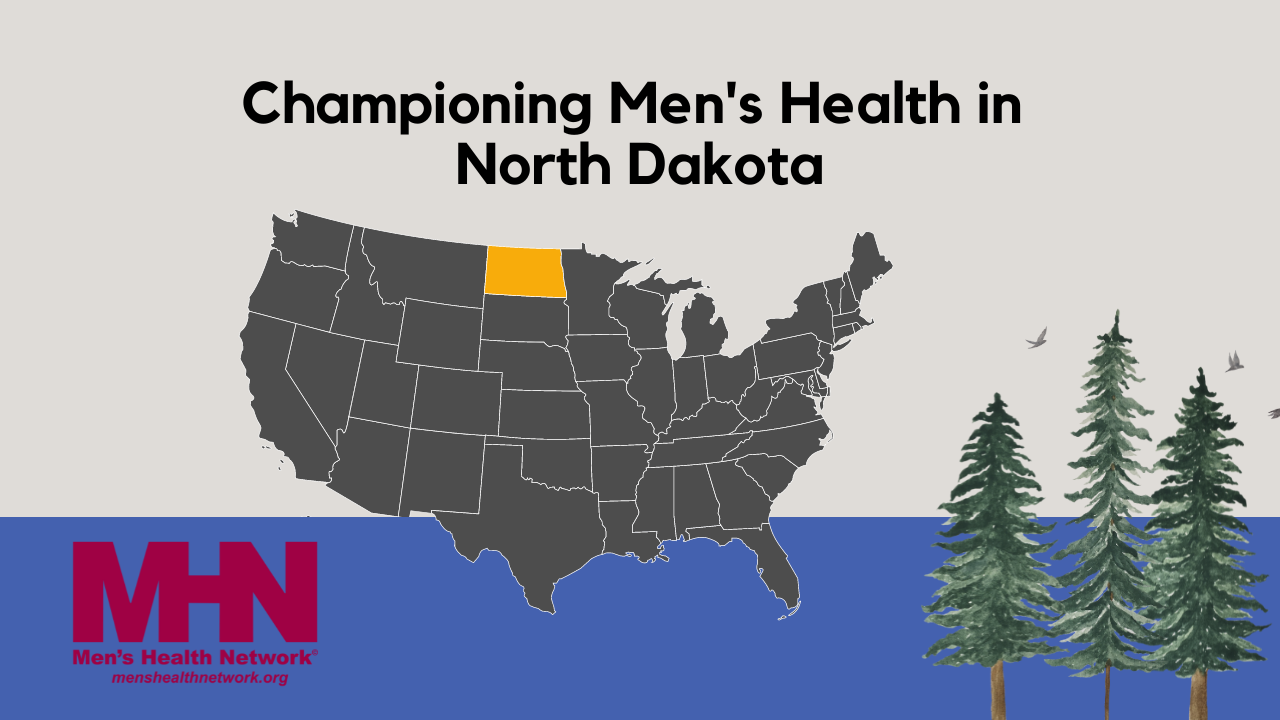The proper ways for handling a patient’s health records are set forth by the government at national and local levels. All healthcare organizations must have systems in place to comply with these legal requirements, referred to as HIPAA (Health Insurance Portability and Accountability Act of 1996). The penalties associated with not following the laws and regulations associated with handling patient medical information can be avoided. There are certain things that can be done to make certain a healthcare organization is compliant.
Formal Policies
Maintaining the legal standards for patient medical record privacy is only possible when the work environment of a healthcare organization is focused on compliance. This focus involves the organization’s workers and management. It is suggested that management develop an ability to effectively communicate the importance of its compliance policies. They can do this by being an example and demonstrating commitment with their behavior toward compliance.
Safeguards
It’s important that technical, administrative, as well as physical safeguards are in place to protect patient medical records. These safeguards must comply with the legal requirement for protecting computerized data as well as electronic medical records and paper records. They need to be able to protect against any unauthorized access, use, or disclosure of patient medical information. These safeguards must be designed to handle any anticipated as well as unknown security threats.
Radiology
There are a number of patients who want to see their radiology reports. Radiology personnel must now be able to prepare secure medical reports that are able to be accessed by authorized medical staff as well as by patients. It is estimated that over 140,000 patients annually view their radiology reports using a secure system provided by a healthcare facility.
Business Associate Agreements
There will be situations when access to secure patient information is essential for a third-party vendor to do its work. It is important for all healthcare organizations to have agreements in place with each of their third-party vendors concerning how they will handle patient information. These vendors must also comply with all laws covering the handling patient medical records.
Regular Reviews
Laws and compliance requirements associated with keeping patient medical information secure will change. These changes can be based on the development of new technology, newly identified threats and, more. It is important that all healthcare organizations handling patient medical records regularly review laws and compliance requirements to remain current.
Creating a healthcare organization that is able to comply with all laws and regulations covering patient medical information is a challenge. This can happen only when an organization’s managers as well employees are committed to learning and improving their work environment. The goal will be to achieve a good balance between necessary access to patient medical information and protecting a patient’s privacy.




